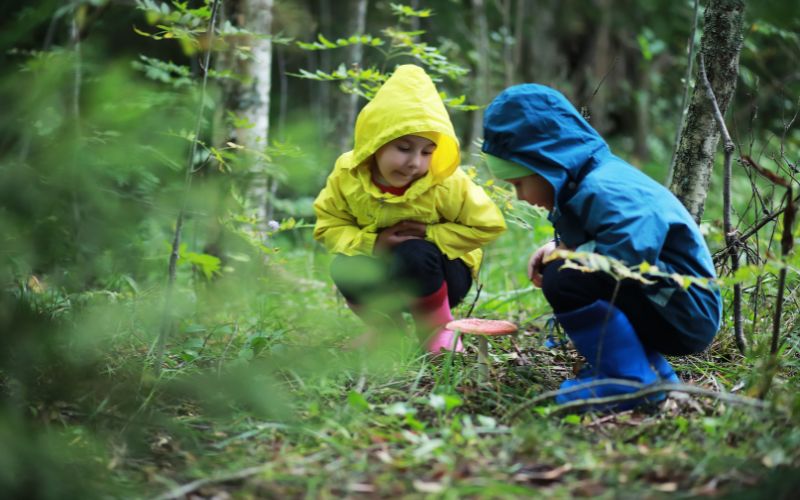Interacting and communicating with your newborn is incredibly important for their development. However, not all parents know how to effectively play and engage with their little ones. Let’s explore age-appropriate ways to play with your child through the following article.
1. Newborns to 3 Months Old
At this stage, newborns may not understand what you’re saying, but they are sensitive to sounds and voices. It’s essential to continue communicating with your baby. You can talk or tell stories about any positive topic, allowing your child to feel your love and attention.
Additionally, sharing events from your daily life can be a great conversation starter with your newborn. It helps expose them to the sounds, rhythms, and structures of language in a natural way.
 Newborns to 3 Months Old
Newborns to 3 Months Old
Even after the first three months, continue to engage with your baby through short stories, nursery rhymes, or lullabies. Your baby will interact with you by smiling, moving their arms and legs, or looking towards you when you talk.
Along with conversation, gently caress, hold their hands, and smile at your baby when they respond.
2. 3-6 Months Old
At this stage, you can use sound to connect with different parts of your baby’s body. For example, attach small bells to their ankles. As they move their legs, the bells will create a sound, encouraging them to move their arms and legs to hear the noise. This helps improve their hand-eye coordination and overall physical development.
Additionally, the sounds stimulate an early love for music and encourage your baby to explore their sense of hearing.
 3-6 Months Old
3-6 Months Old
3. 6-12 Months Old
On days off, instead of leaving your baby to play alone, take them to the park or zoo to explore and discover new things. They can learn about plants and animals and interact with nature.
This is a great opportunity for your baby to observe and engage with the natural world, fostering a deeper understanding of the diversity of life. It stimulates their curiosity and encourages exploration while providing a healthy break from indoor activities.
 6-12 Months Old
6-12 Months Old
These are our suggestions for playing with your baby from 0-12 months old. We hope this helps you create beautiful memories with your little one!
Source: Eva.vn
12 Psychological Strategies for Achieving Family Happiness as a Man
It is no secret that keeping a family happy is no easy task. Fortunately, men can utilise a number of psychological tips to help maintain a sense of harmony and joy in their household. In today’s society, the role of men in ensuring a loving and nurturing atmosphere is invaluable. Here are 12 psychological tips for men to help bring harmony and joy into their households.
What is a banner? Standard sizes of banners and tips for creating impressive banner designs.
What is a banner? A familiar term in the field of communication and marketing. To gain a deeper understanding of its importance and how to design an impressive banner, read on.






































